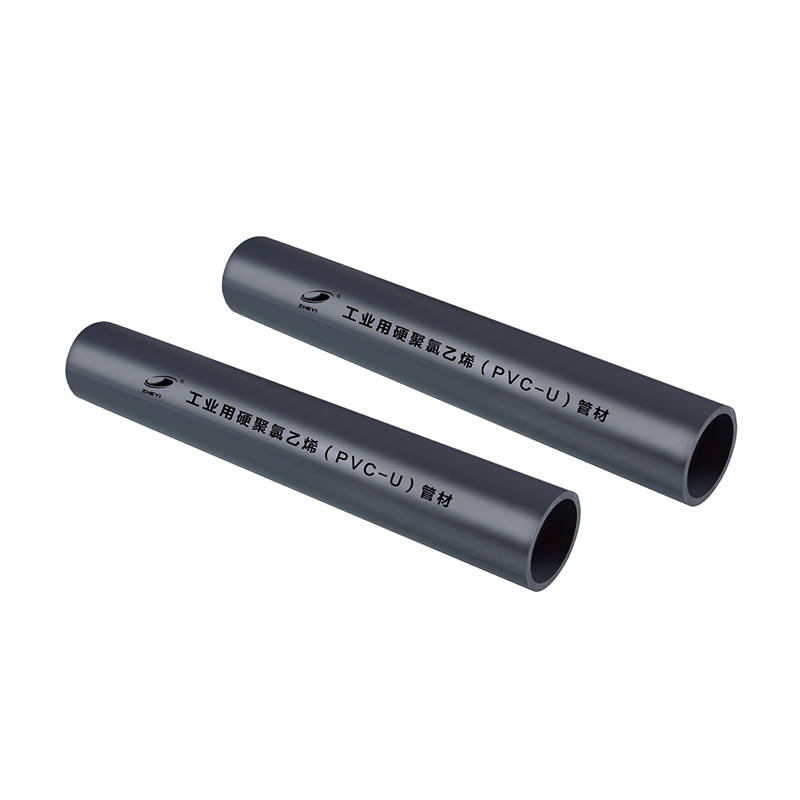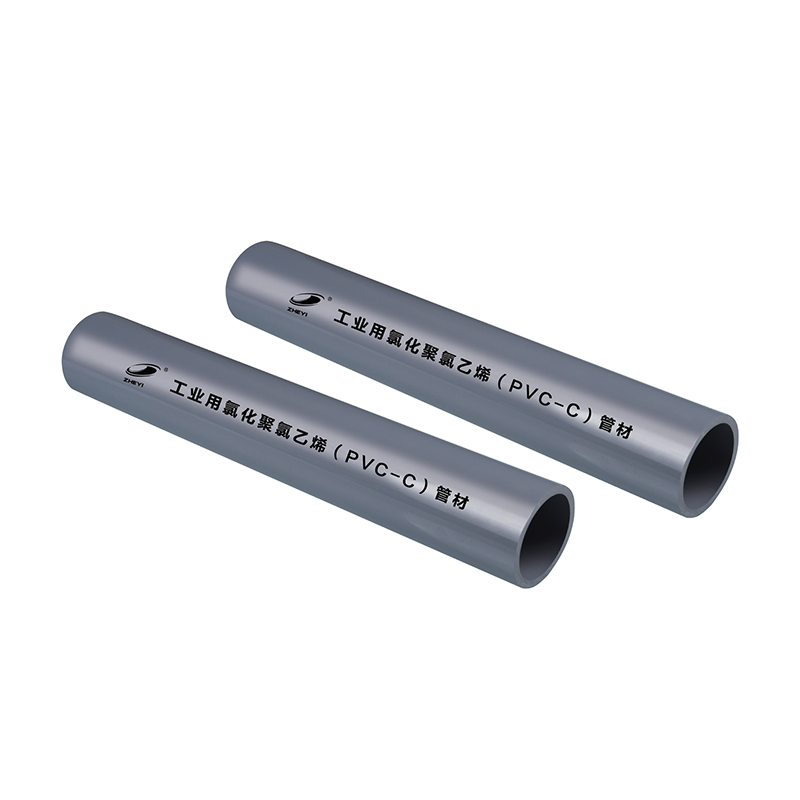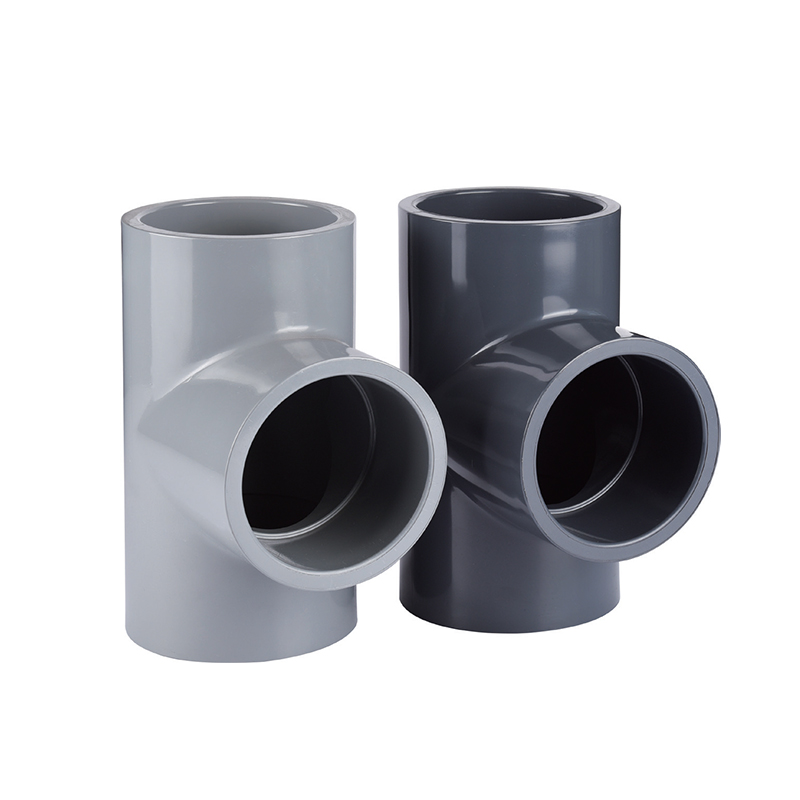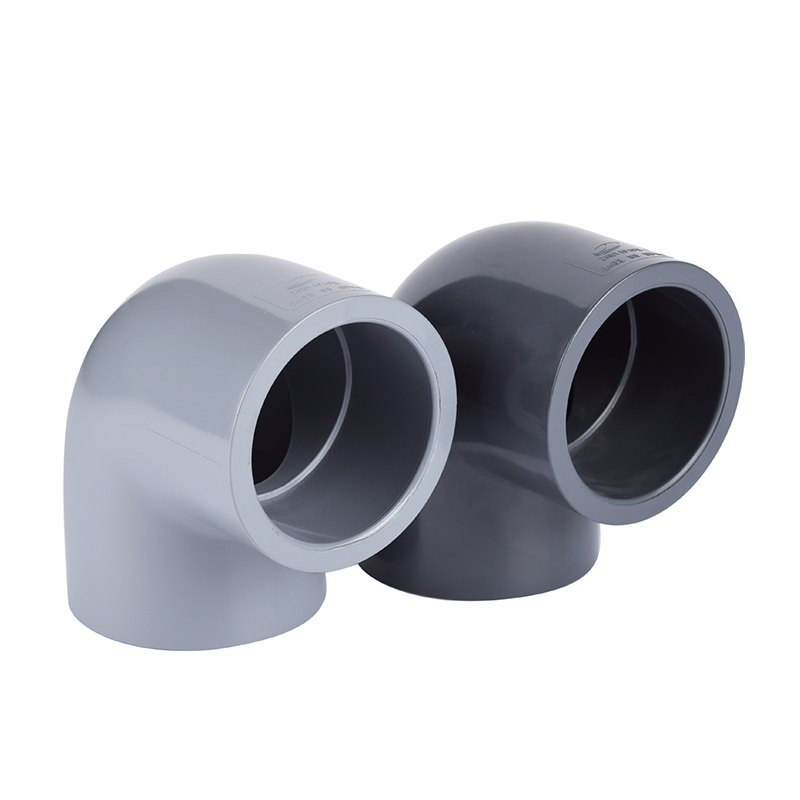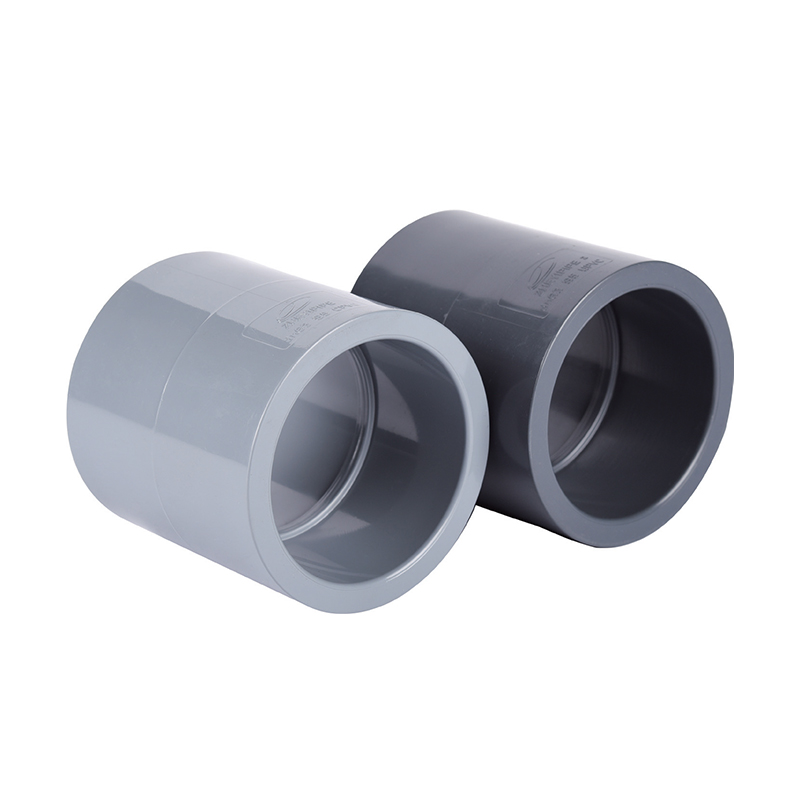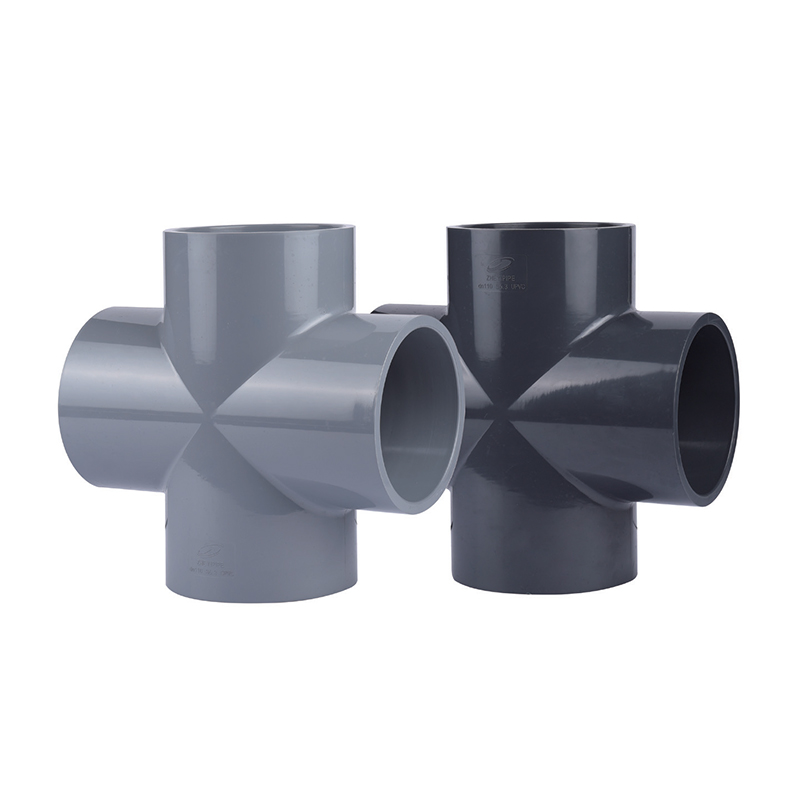Introduction to UPVC and CPVC Valves
What Are UPVC and CPVC Valves?
UPVC (Unplasticized Polyvinyl Chloride) and CPVC (Chlorinated Polyvinyl Chloride) valves are crucial components in various industries, especially in chemical and lithium processing. Both materials are highly resistant to corrosion, making them ideal for handling aggressive chemicals and high-purity substances such as lithium. UPVC valves are rigid and durable, while CPVC valves offer additional heat resistance, making them suitable for higher temperature applications. Both types are essential in controlling the flow of liquids and gases, ensuring operational efficiency in demanding environments.
Key Differences Between UPVC and CPVC Valves
While UPVC and CPVC valves may appear similar, they have key differences that impact their suitability for specific applications. UPVC valves are typically used in environments where moderate temperatures and pressures are present, while CPVC valves are better equipped to handle higher temperatures due to their chlorine treatment. These differences make CPVC valves the preferred choice for industries dealing with elevated heat, such as lithium processing.
- UPVC: Best for general chemical processing at lower temperatures.
- CPVC: Suitable for high-temperature applications such as lithium chemical handling.
- Material properties: CPVC is more resistant to heat, while UPVC is more rigid and cost-effective.

Why DIN/ANSI Standards Matter for Valves in Chemical and Lithium Processing
Overview of DIN and ANSI Valve Standards
The DIN (Deutsches Institut für Normung) and ANSI (American National Standards Institute) standards are internationally recognized for their rigorous requirements in valve design and manufacturing. These standards ensure that valves meet precise performance metrics related to pressure, temperature, and chemical compatibility. DIN/ANSI-approved valves are manufactured to ensure they provide optimal safety, reliability, and performance in critical industries like chemical processing and lithium production.
Benefits of DIN/ANSI Valves for Chemical and Lithium Industries
DIN/ANSI valves offer several advantages in the chemical and lithium industries. These standards guarantee compatibility with various industrial systems, ensuring seamless integration. Additionally, DIN/ANSI valves are designed to meet stringent safety requirements, helping to prevent leaks, bursts, and other safety hazards. Their reliability is crucial when dealing with volatile chemicals or lithium-based compounds, where even minor failures can lead to significant operational disruptions.
- Ensure uniform performance across different regions and systems
- Guarantee high-quality manufacturing and material standards
- Reduce the risk of operational failures in critical applications
Key Considerations When Choosing UPVC/CPVC Valves
Chemical Resistance and Durability
When selecting UPVC/CPVC valves, one of the most crucial factors to consider is the material's resistance to chemicals. These valves are designed to withstand aggressive chemicals like acids, bases, and solvents, which is essential in industries that handle hazardous substances. UPVC valves are resistant to a wide variety of chemicals but may degrade faster under extreme temperatures. In contrast, CPVC valves offer enhanced chemical resistance and can withstand harsher environments for a longer duration.
- UPVC valves: Ideal for neutral and slightly acidic chemicals
- CPVC valves: Better for harsh chemicals and high-temperature environments
- Long-term durability: CPVC lasts longer in aggressive conditions
Temperature and Pressure Ratings
The temperature and pressure ratings of UPVC/CPVC valves are critical in ensuring they perform optimally in chemical and lithium processing applications. CPVC valves can handle higher temperatures compared to UPVC valves, making them more suitable for lithium chemical handling, which often requires high-temperature stability. It is important to check the specifications of each valve type to ensure they are compatible with the processing conditions of your specific application.
- CPVC valves: High temperature resistance (up to 200°F / 93°C)
- UPVC valves: Moderate temperature resistance (up to 140°F / 60°C)
- Pressure ratings: Ensure compatibility with your system's pressure levels
Valve Material Compatibility with Lithium and Chemicals
In lithium processing, material compatibility is vital. Lithium-based chemicals can be reactive, and using the wrong material for valves can result in leaks, corrosion, and even hazardous situations. Both UPVC and CPVC valves are chemically resistant, but CPVC offers superior protection against high temperatures and aggressive lithium compounds. Choosing the correct valve material ensures a longer lifespan, reducing the frequency of replacements and maintenance costs.
- CPVC: Superior for handling lithium and high-purity substances
- UPVC: Suitable for less reactive chemicals, but not ideal for lithium
- Ensure chemical compatibility when choosing valve materials
Benefits of Using UPVC/CPVC Valves for Chemical and Lithium Processing
Cost-effectiveness and Longevity
One of the key advantages of UPVC/CPVC valves is their cost-effectiveness compared to metal valves. These plastic valves are relatively inexpensive to produce and have lower maintenance costs due to their corrosion resistance. They also have a longer operational life in many applications, further reducing long-term expenses.
- Lower initial cost compared to metal valves
- Reduced maintenance and replacement frequency
- Longer lifespan, especially in corrosive environments
Enhanced Safety Features
UPVC/CPVC valves are designed with safety in mind. Their ability to handle aggressive chemicals without degrading or corroding makes them a safer option for industrial applications. These valves help prevent leaks and spills, ensuring that hazardous chemicals or lithium compounds do not pose a threat to workers or the environment.
- Leak-proof design for added safety
- Resistant to corrosion and degradation
- Prevents hazardous spills in critical applications
Environmental Benefits and Sustainability
UPVC and CPVC valves are environmentally friendly. They are recyclable, helping reduce industrial waste. Additionally, their durability means fewer replacements are needed, contributing to sustainability efforts in industries where waste reduction is crucial. The production of these valves also typically has a lower environmental impact compared to metal alternatives.
- Recyclable materials reduce environmental impact
- Long lifespan reduces the need for replacements
- Eco-friendly manufacturing processes
Frequently Asked Questions (FAQ)
What is the difference between UPVC and CPVC valves for chemical applications?
UPVC valves are ideal for general chemical applications at moderate temperatures, while CPVC valves are better suited for higher temperature environments. CPVC offers superior resistance to heat and aggressive chemicals, making it the preferred choice for industries dealing with high-temperature processes or corrosive chemicals.
How do DIN/ANSI standards improve the performance of valves in chemical processing?
DIN/ANSI standards ensure that valves are manufactured to meet strict performance requirements related to pressure, temperature, and material compatibility. By adhering to these standards, manufacturers guarantee that the valves will perform reliably in chemical processing and lithium applications, minimizing the risk of failures and ensuring system integrity.
Why is CPVC preferred for lithium chemical processing?
CPVC is preferred for lithium chemical processing due to its superior resistance to high temperatures and aggressive chemicals. Lithium-based substances can be highly reactive, and CPVC valves offer enhanced durability and safety when handling these substances, reducing the risk of leaks and failures.


 +86-15258772971
+86-15258772971
 dinys009@163.com
dinys009@163.com

 English
English 한국어
한국어 Español
Español عربى
عربى


